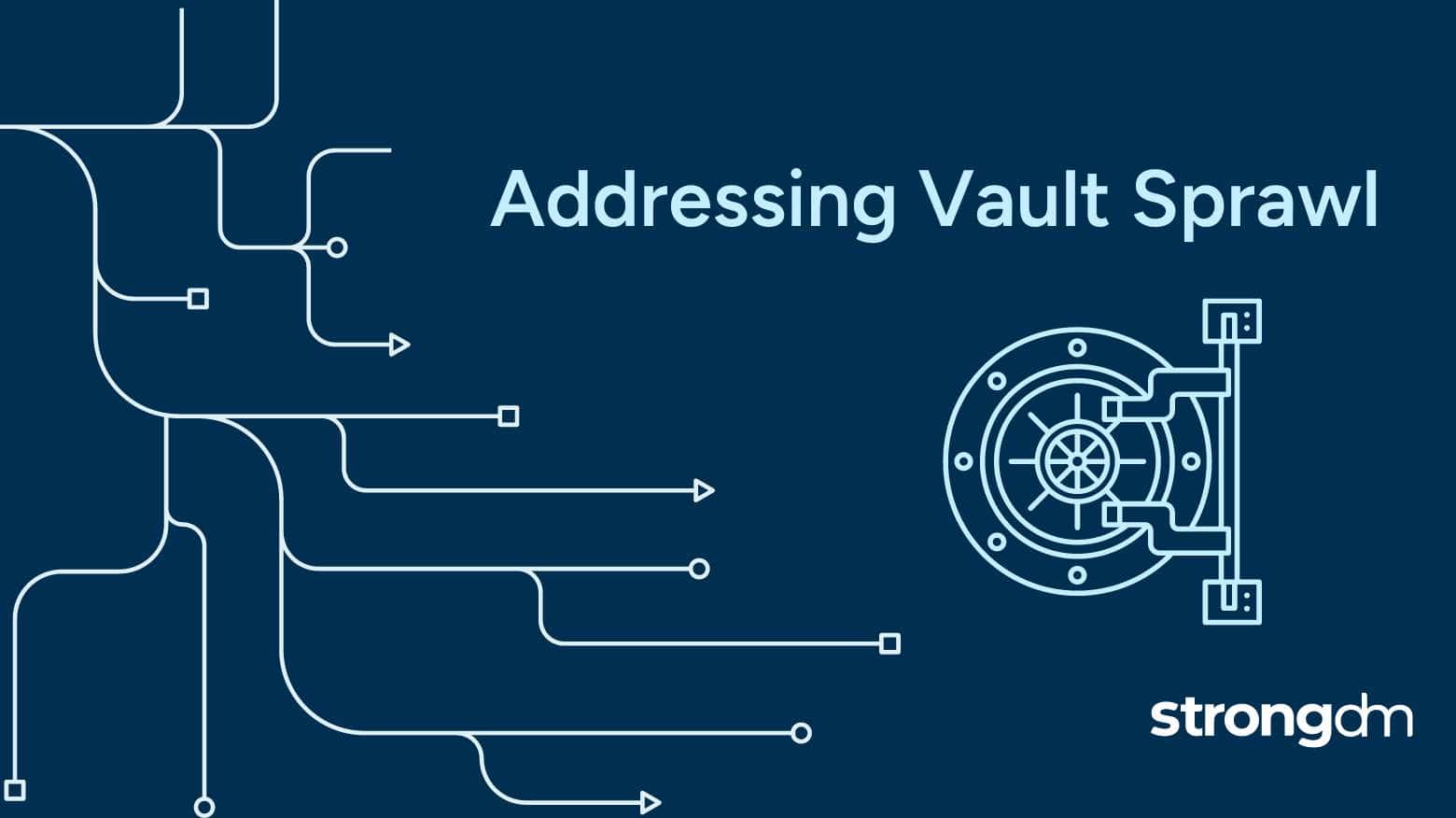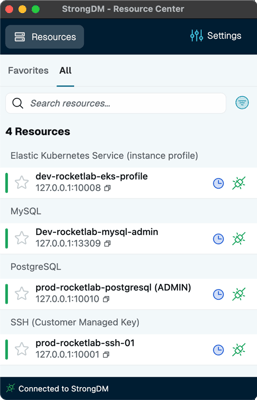Secret vaults ensure that sensitive and privileged credentials are well protected, rotated, and only used–or checked out–when necessary. This makes them a critical and foundational tool for credential protection in modern infrastructures.
Posts by Category:
- Security
- Access
- DevOps
- Privileged Access Management
- Auditing
- Zero Trust
- Policy
- Compliance
- SOC 2
- Authentication
- Databases
- Identity and Access Management
- Compare
- Team
- Product
- Integrations
- Kubernetes
- AWS
- Engineering
- Productivity
- Podcasts
- Observability
- SSH
- HIPAA
- ISO 27001
- Dynamic Access Management
- Role-Based Access Control
- Secure Access Service Edge
- Webinars
- Events
- NIST
- Onboarding
- Passwordless
- Offsites
- Platform
- PCI
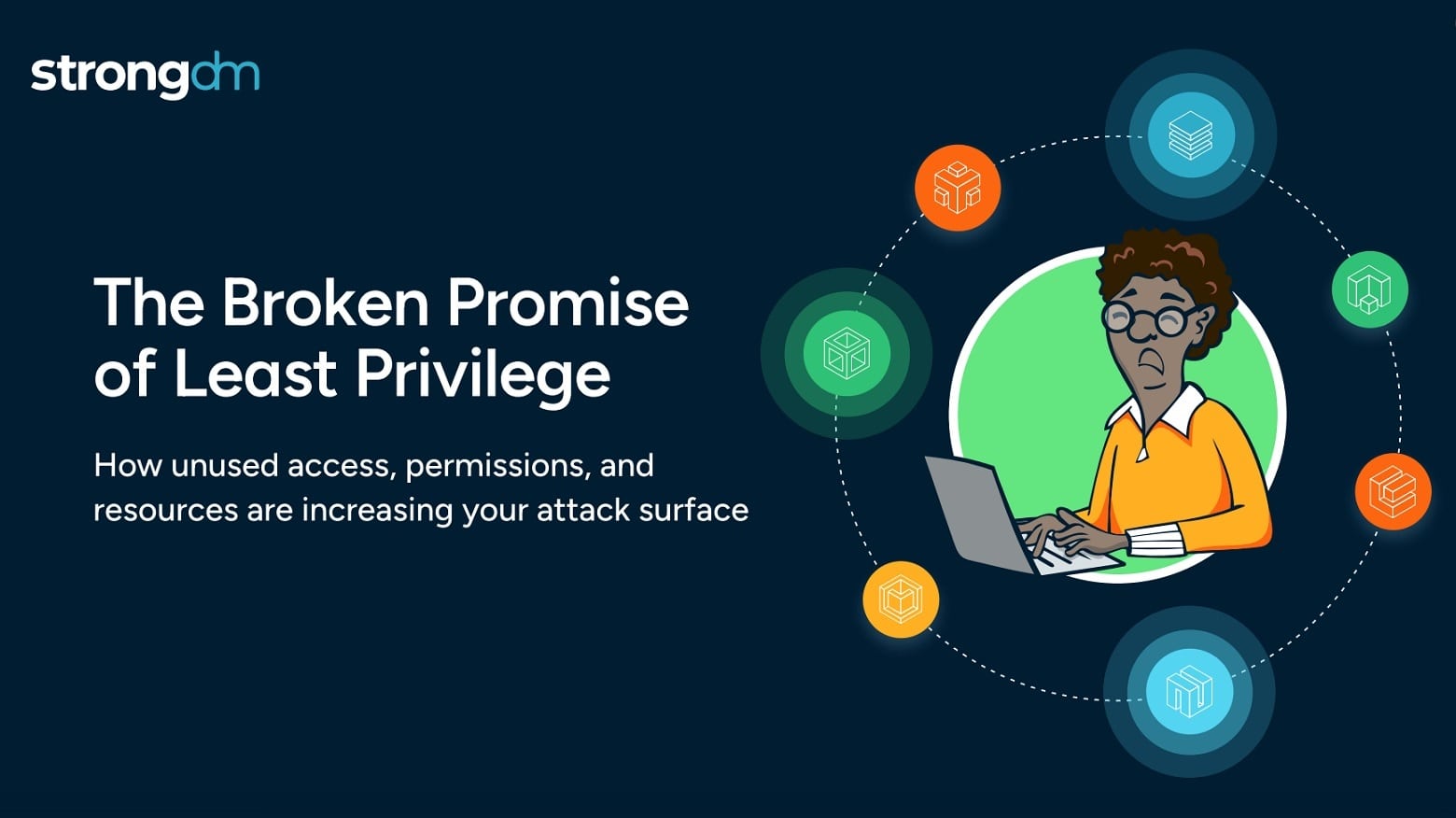
The inability to audit, track, and understand how permissions are being used (or if they’re used at all) has been non-existent. Until now. The findings are clear: organizations need visibility into privileged access and its usage to fully understand and address their total attack surface.
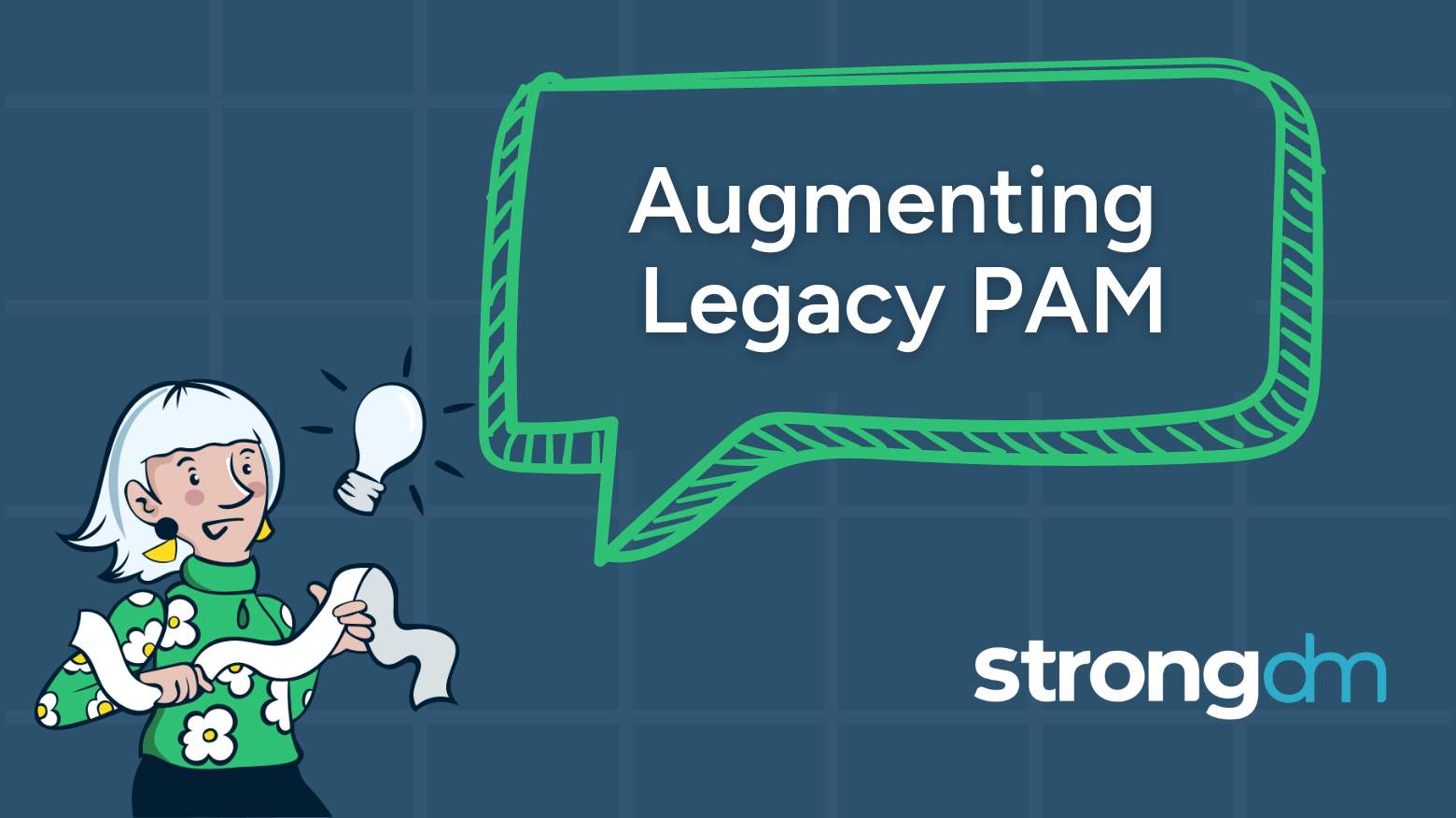
We constantly hear about the gender gap in technology. Whether it’s the shortage of female founders and CEOs, claims of discrimination, or the comparatively small number of women in computer science majors, it seems that the issue has become a regular feature story in the news cycle. Disagreement over how to respond abounds on social media, in editorials, and not infrequently within tech companies themselves.
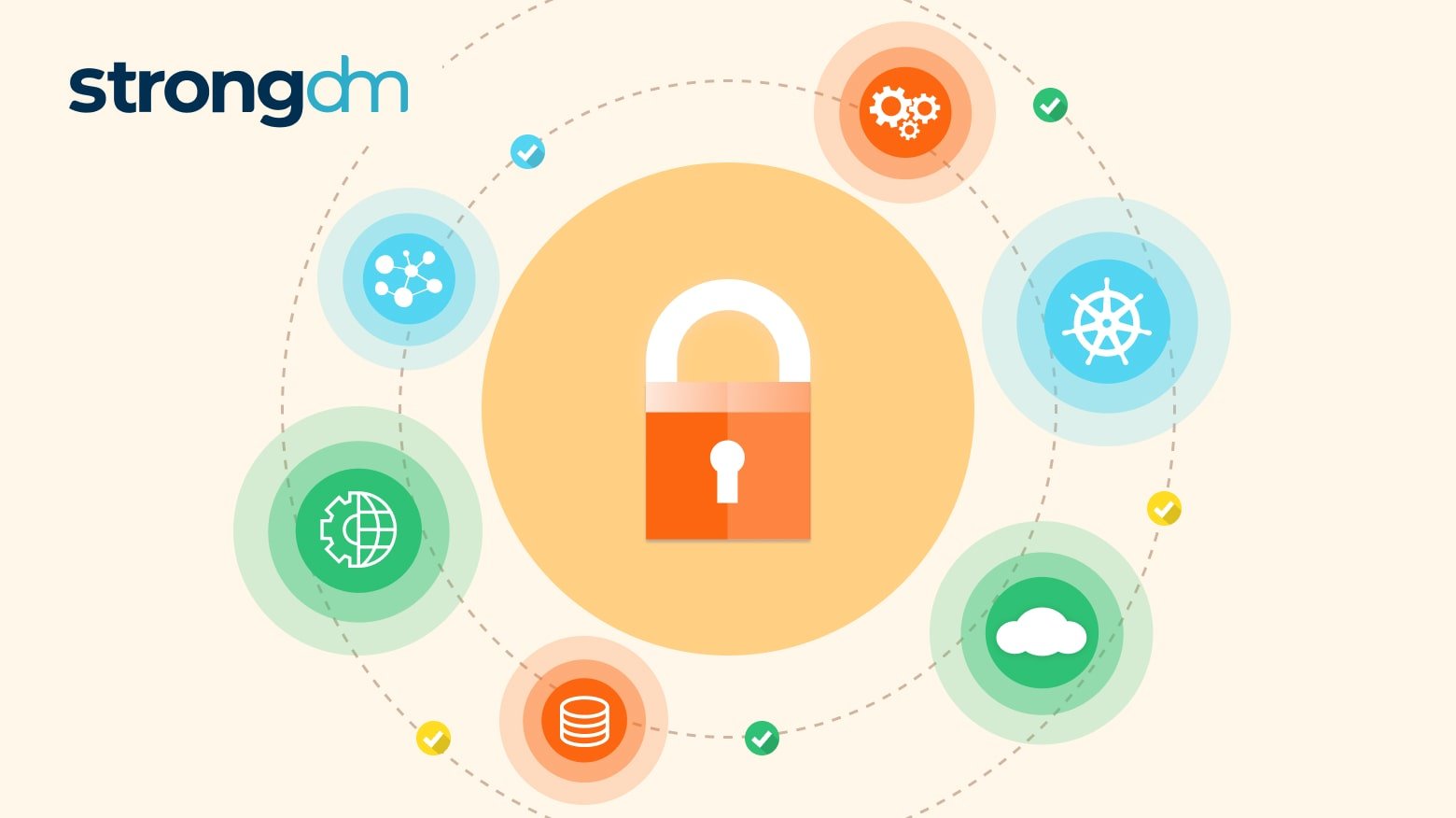
Is your organization overwhelmed by rampant service account sprawl? Rest assured, you can regain control. Modern Privileged Account Management (PAM) tools and practices empower you to overcome the challenges of unchecked service accounts. The information in this article will help you understand the meaning of service accounts, so you can manage your organization’s service accounts more effectively and mitigate their risks. Robust security is attainable for all your privileged accounts.

The cost of a privileged access management (PAM) solution goes beyond the licensing fees. While it’s tempting to look only at the initial costs, evaluating privileged access management pricing includes examining other factors to determine whether the solution will provide a real Return on Investment (ROI) or cause more problems than it solves.
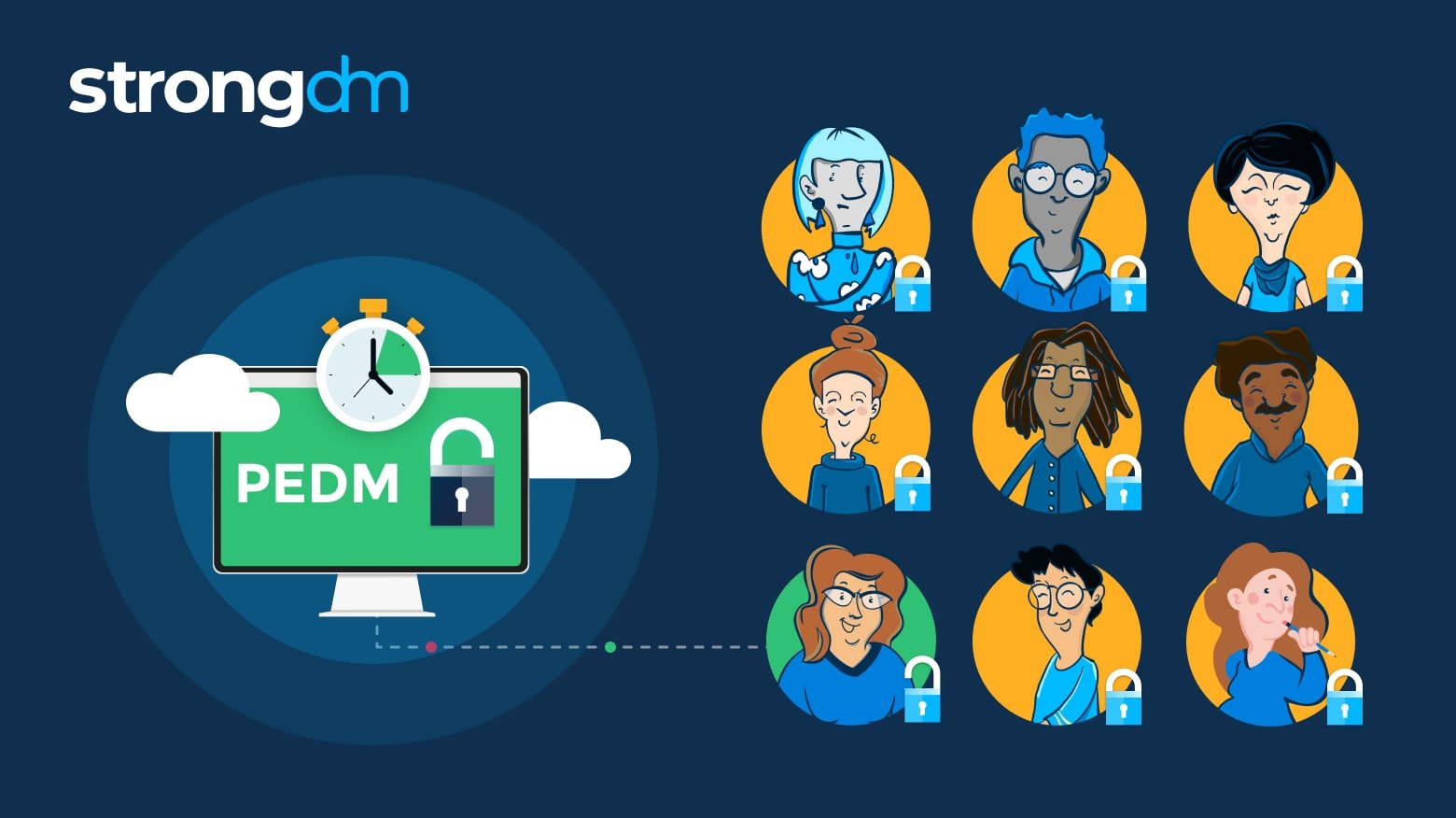
In this article, we’ll explore Privileged Elevation and Delegation Management (PEDM). You’ll learn how PEDM works and how it mitigates the risks associated with poorly managed privileged accounts. By the end of this article, you’ll understand why PEDM is an important security strategy and how businesses can use PEDM to manage privileged access and prevent cyberattacks.
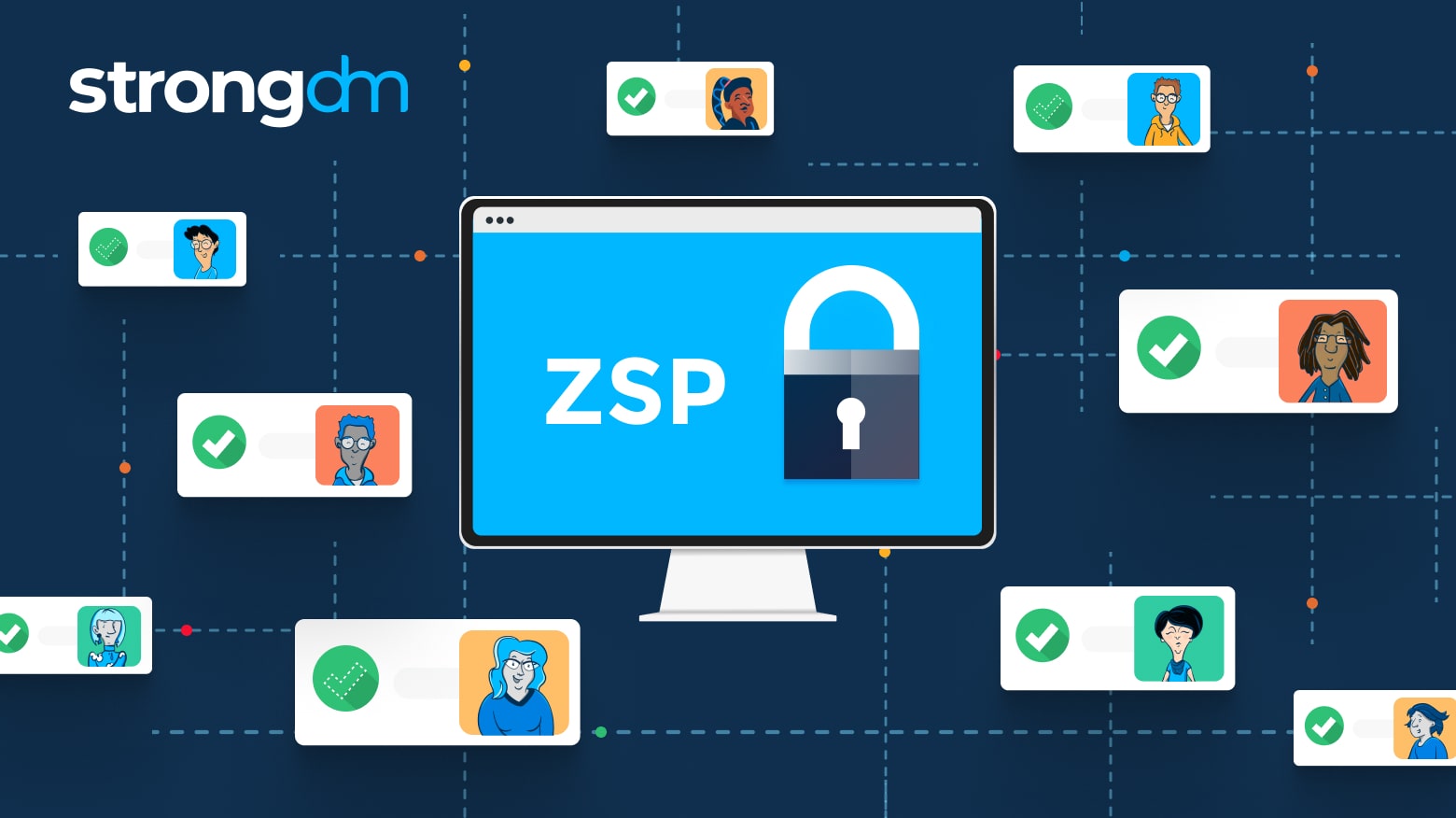
Securing sensitive company data starts with limiting who can access that data, and adopting a zero standing privileges security approach is a great way to control access. In this article, we’ll discuss what zero standing privileges (ZSP) are, how standing privileges are created, and how just-in-time access makes a ZSP model feasible. We’ll explore the risks that accompany standing privileges, the benefits of a zero standing privilege philosophy, and best practices to follow when adopting a ZSP
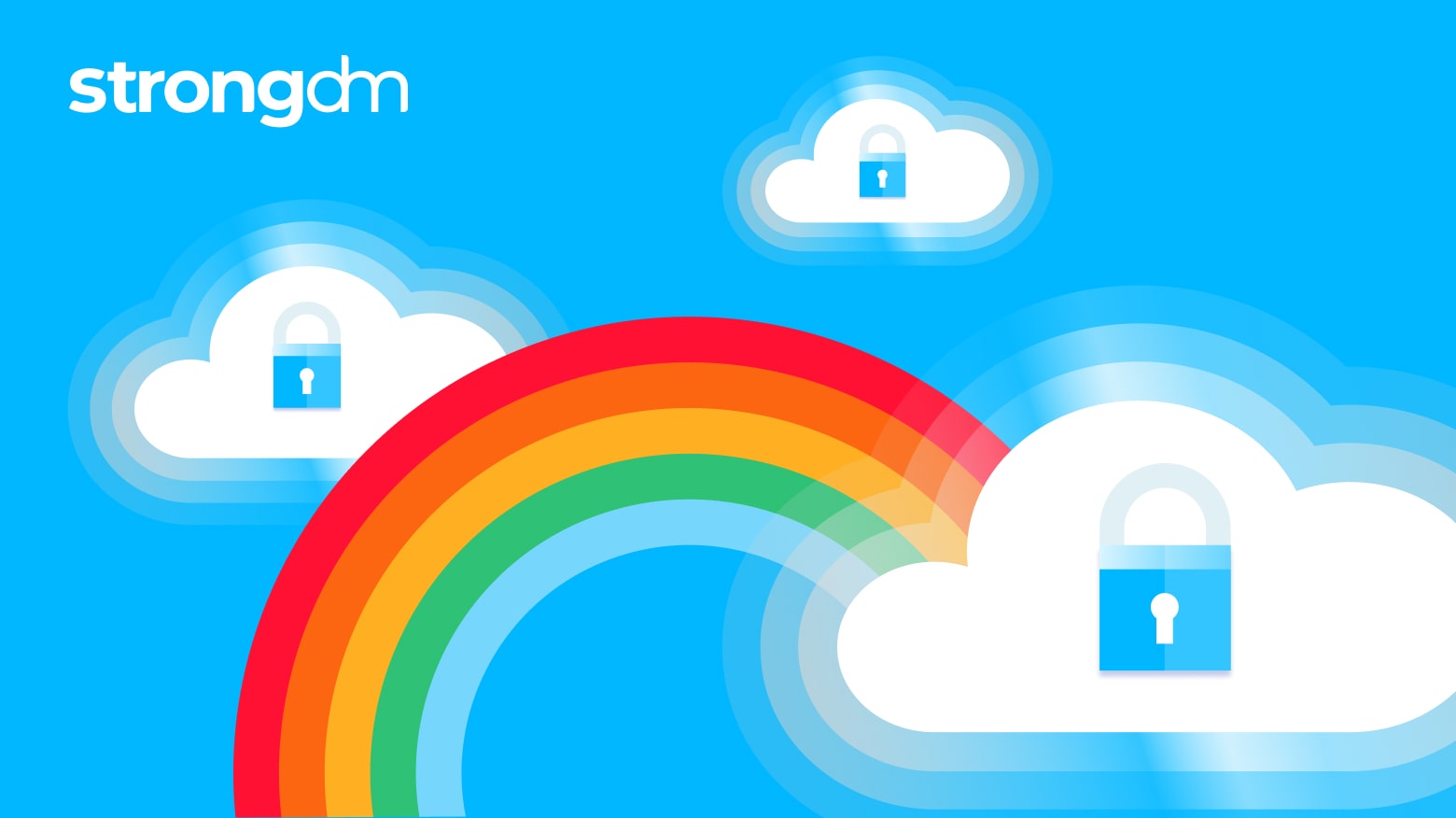
Cloud data protection is an increasingly popular element in an organization’s security strategy. In this article, we’ll explore what cloud data protection is, why it’s important, and the best practices to follow when migrating to the cloud. By the end of this article, you’ll understand the benefits and challenges of adopting a data security strategy for cloud environments.

StrongDM integrates with your favorite cloud secrets manager to provide an end-to-end version of remote access for more than just privileged accounts.
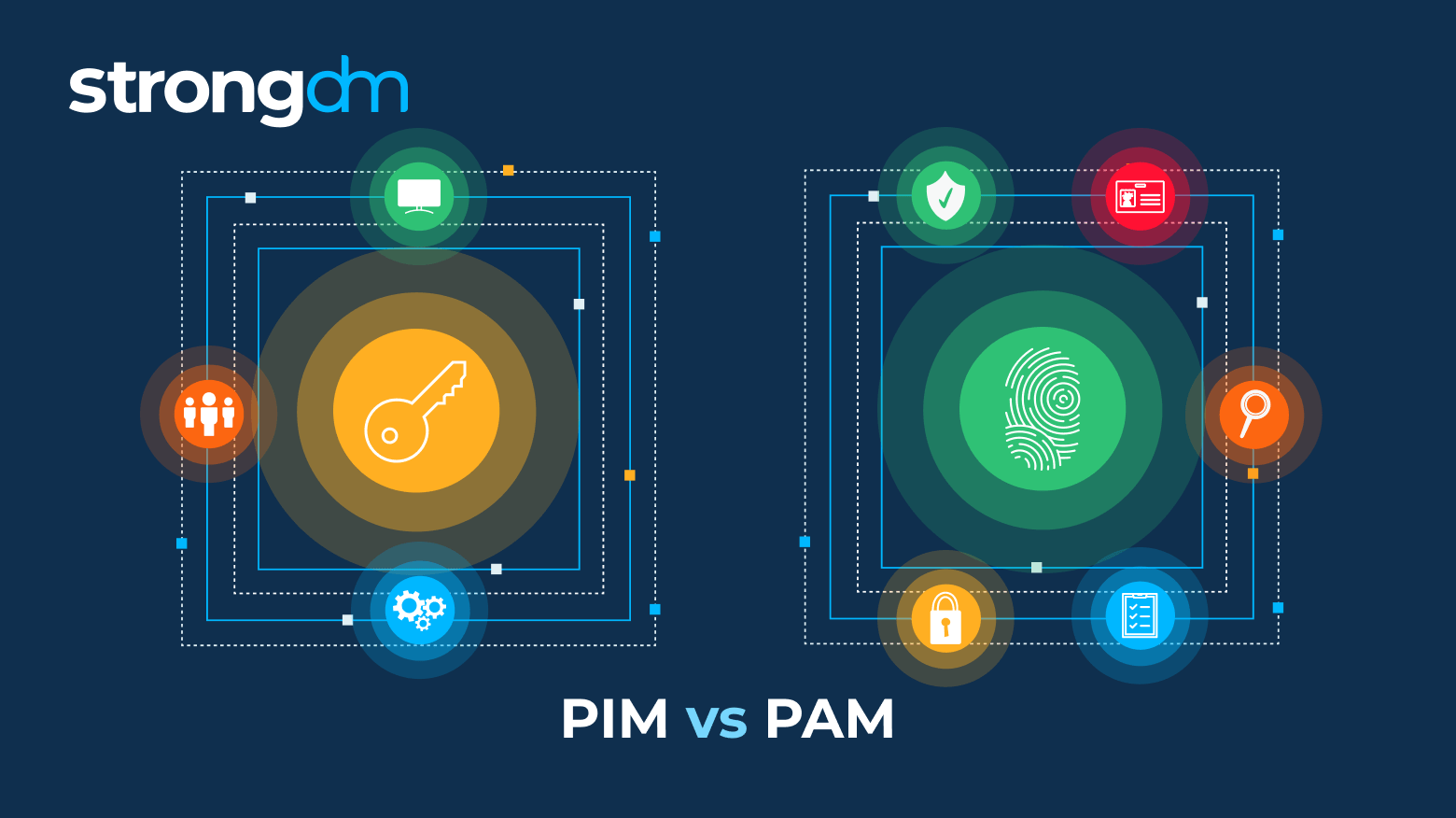
Understanding the nuances of privileged access management vs privileged identity management can be challenging. Although PIM and PAM are often used interchangeably, there is an important difference between PIM and PAM that companies should know. In this article, we’ll explain PIM vs PAM and explore how they work to demonstrate the differences between them. By the end of this article, you’ll know what role PIM and PAM should play in your security strategy.
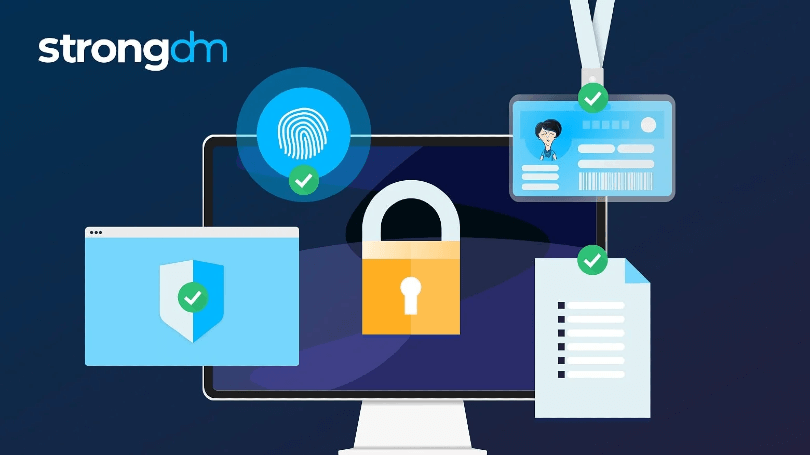
In this article, we’ll review the leading privileged access management (PAM) solutions on the market. We’ll explore the pros and cons of the top privileged access management vendors so you can easily compare the best PAM solutions. By the end of this article, you’ll feel confident choosing the right privileged access management solution for your organization.
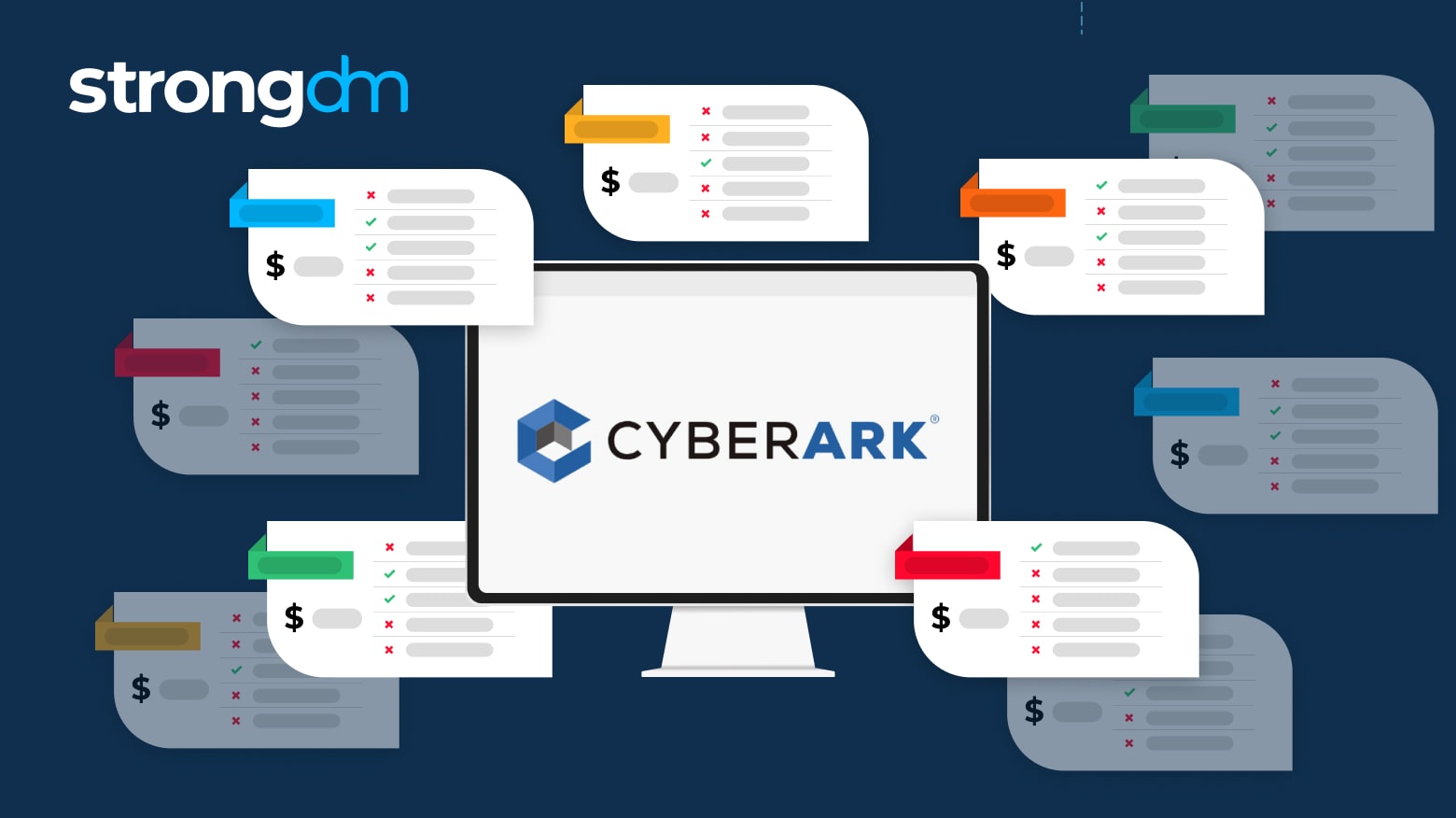
Examining the CyberArk pricing model to discover how it fits with your organization’s budget will help you make the case for a PAM solution. Here’s how CyberArk PAM pricing breaks down.
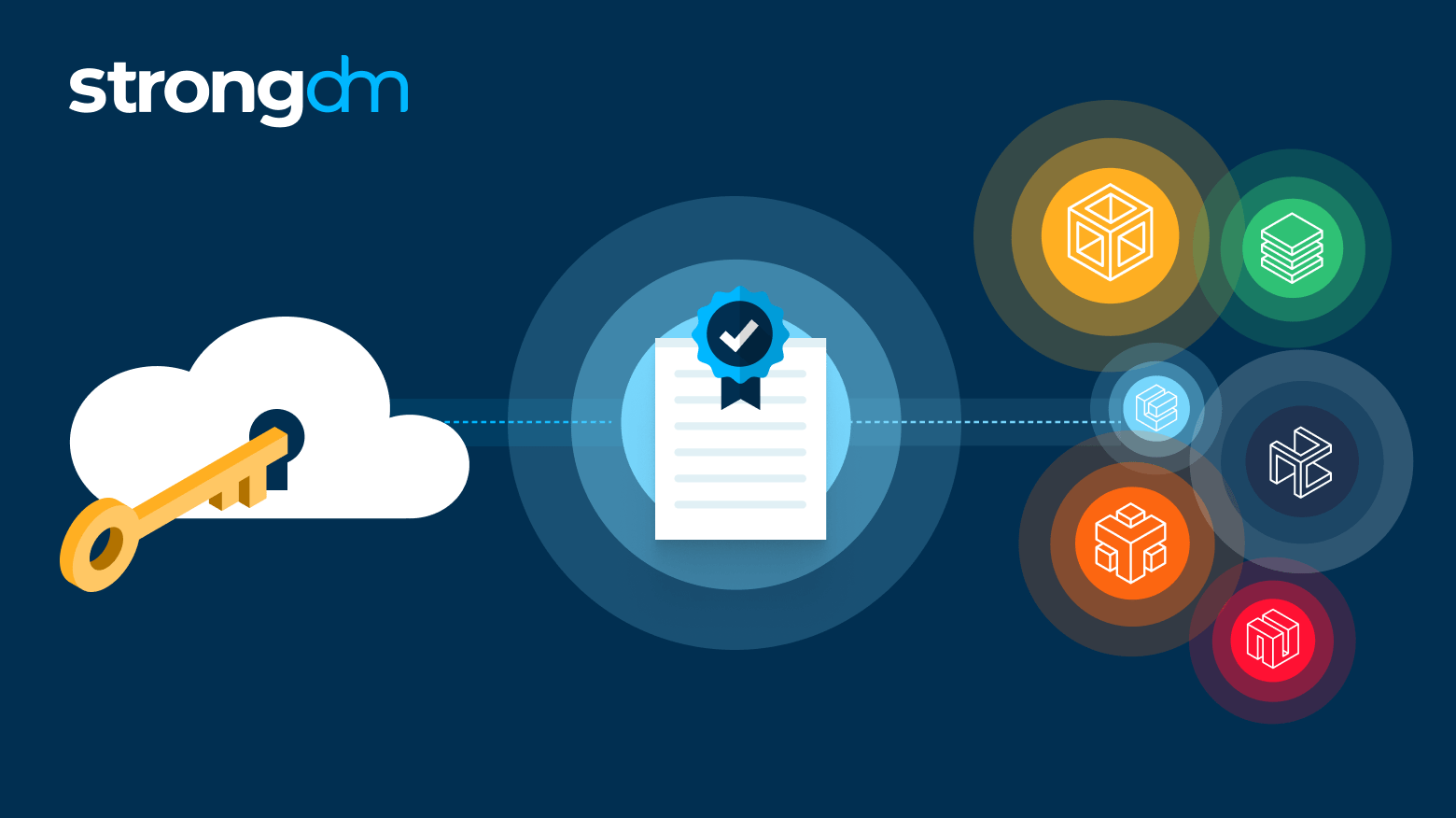
In this article, we'll cover machine identities and address the importance and challenges in machine identity management. You'll gain a complete understanding of how machine identity management works and see the concept in action through real-world examples. By the end of this article, you'll be able to answer in-depth: what is machine identity management?
